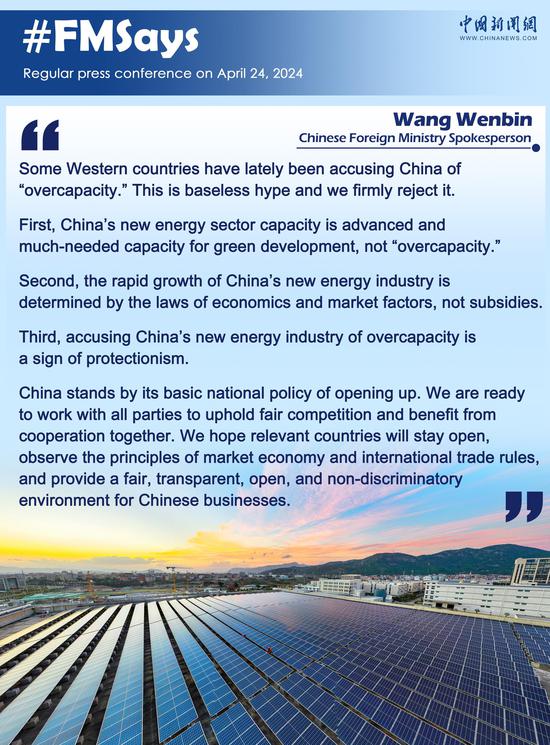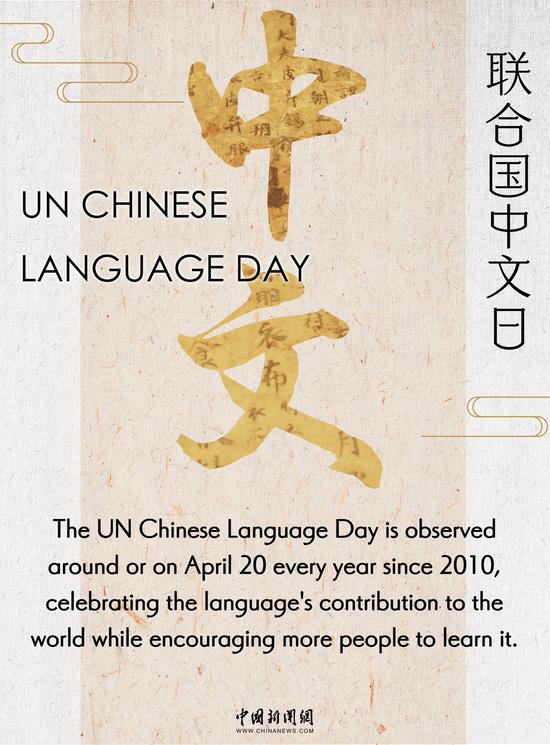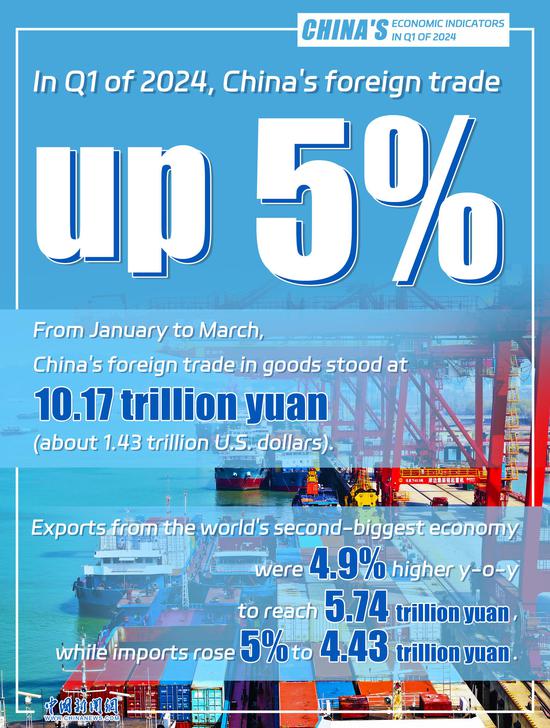TikTok has said it will challenge in court the U.S. law that aims to force its Chinese parent company, ByteDance, to sell the video-sharing platform or face a ban in the United States.
In a statement issued soon after U.S. President Joe Biden signed legislation on Wednesday that was passed by the U.S. Senate on Tuesday, TikTok called the measure "unconstitutional".
"We will challenge it in court. We believe the facts and the law are clearly on our side, and we will ultimately prevail. The fact is, we have invested billions of dollars to keep U.S. data safe and our platform free from outside influence and manipulation," the statement said.
"This ban would devastate 7 million businesses and silence 170 million Americans. As we continue to challenge this unconstitutional ban, we will continue investing and innovating to ensure TikTok remains a space where Americans from all walks of life can safely come to share their experiences, find joy, and be inspired," it added.
Some foreign media reported that ByteDance was exploring ways to sell a majority stake in TikTok's U.S. business after Biden signed the bill into law. ByteDance responded on Thursday night that it has no plans to sell TikTok.
The legislation, which was part of a larger $95 billion package that provides military aid to Ukraine, Israel and China's Taiwan, gives ByteDance nine months to sell its stake in TikTok, with a possible three-month extension if a sale is in progress.
The U.S. Senate passed the revised bill that requires the popular app to be divested from ByteDance within a year, or be shut out of the U.S. market.
The previous version of the bill, passed by the U.S. House of Representatives in March, gave ByteDance six months to divest its ownership stake in TikTok, but that plan stalled in the Senate.
"Make no mistake, this is a ban. A ban on TikTok and a ban on you and your voice," TikTok CEO Shou Zi Chew said in a two-minute video posted on the platform after Biden signed the bill.
"It's obviously a disappointing moment, but it does not need to be a defining one," he said, adding, "Rest assured, we aren't going anywhere."
Chew said the company was confident and will keep fighting for users' rights in court. "The facts and the U.S. Constitution are on our side, and we expect to prevail again."
TikTok is set to challenge the legislation on the grounds that it violates users' First Amendment rights.
The company had previously said a potential ban on the app in the U.S. would "trample the free speech" of 170 million Americans.
TikTok users expressed disappointment and concern over the bill being signed into law.
"We have to embrace TikTok because it allows people with different viewpoints to discuss things and to disseminate their views on the world," Wyatt Head, 29, told China Daily at Times Square in New York. "When I talk on TikTok, (people) can see me anywhere in this world. That's incredible."
Rami Hosni, 31, another user, also called the legislation unconstitutional. "It's the same content everywhere. ... If you ban TikTok, you got to ban Facebook, YouTube, Instagram, Snapchat — all of them."
Hosni said a few members of the U.S. Congress called some content on TikTok inappropriate. "You can hide such content, but you can't ban the whole app. People are enjoying it. ... There is nothing dangerous," he said, adding that content creators would lose revenue in the event of a forced sale or ban. "There are so many people earning their livelihoods on TikTok."
Lucia Perez, 20, said the video-sharing platform is useful and should not be banned. "TikTok is a very useful platform because it's fast. If you want to look for something, it's like fast, short videos," she said.
Perez said that when not busy, she spends three to four hours on TikTok each day. "People would lose jobs, that would be terrible. ... A lot of people live off it. I mean, hopefully (the ban) doesn't happen."
Tesla CEO Elon Musk also opposed the measure to ban the app in the U.S.. "In my opinion, TikTok should not be banned in the U.S., even though such a ban may benefit the X platform. Doing so would be contrary to freedom of speech and expression. It is not what America stands for," he wrote on his X account.


















































 京公网安备 11010202009201号
京公网安备 11010202009201号
